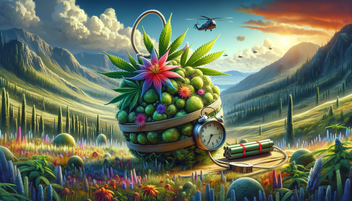THCA Flower: Distinguishing Reality from Myths
Exploring the realm of THCA flower necessitates distinguishing between myths and realities. THCA, which stands for Tetrahydrocannabinolic Acid, is a compound in its non-intoxicating form naturally occurring in fresh cannabis. It is the chemical precursor to THC, the psychoactive element that is associated with the euphoric sensation in cannabis. When THCA is subjected to heat, it undergoes a transformation into THC through a chemical reaction known as decarboxylation.
Despite common misconceptions, ingesting raw cannabis, whether in salads, smoothies, or through juicing, doesn't lead to a psychoactive 'high'. This is because raw cannabis primarily contains THCA, not the psychoactive THC, which doesn't convert until exposed to heat, such as in smoking or vaping. This distinction is crucial in the complex legal discussions about THCA and its classification in relation to marijuana.
The legal status of THCA, however, remains a contentious issue. Under the 2018 Farm Bill, THCA flower and products are legal, as the bill permits hemp and its derivatives. Yet, the potential of THCA to convert into THC has sparked debate over whether it should be regulated similarly to marijuana. This argument lies at the heart of ongoing discussions about the legality and future of THCA products.
The presence of THCA in a product often sparks debate. For example, a strain of THCA-rich flower that contains a tiny amount of THC by nature might still comply with the federal THC threshold of 0.3%. Nonetheless, if the flower undergoes combustion, transforming THCA into THC, the resultant THC concentration could surpass this threshold, categorizing the product as marijuana instead.
At the crux of the issue lies the debate over whether THCA flower, which in its unprocessed state does not produce a high, but has the potential to transform into the mind-altering THC upon being heated, should be classified as marijuana. This pivotal question forms the foundation of the discussion we will delve into throughout the subsequent segments.
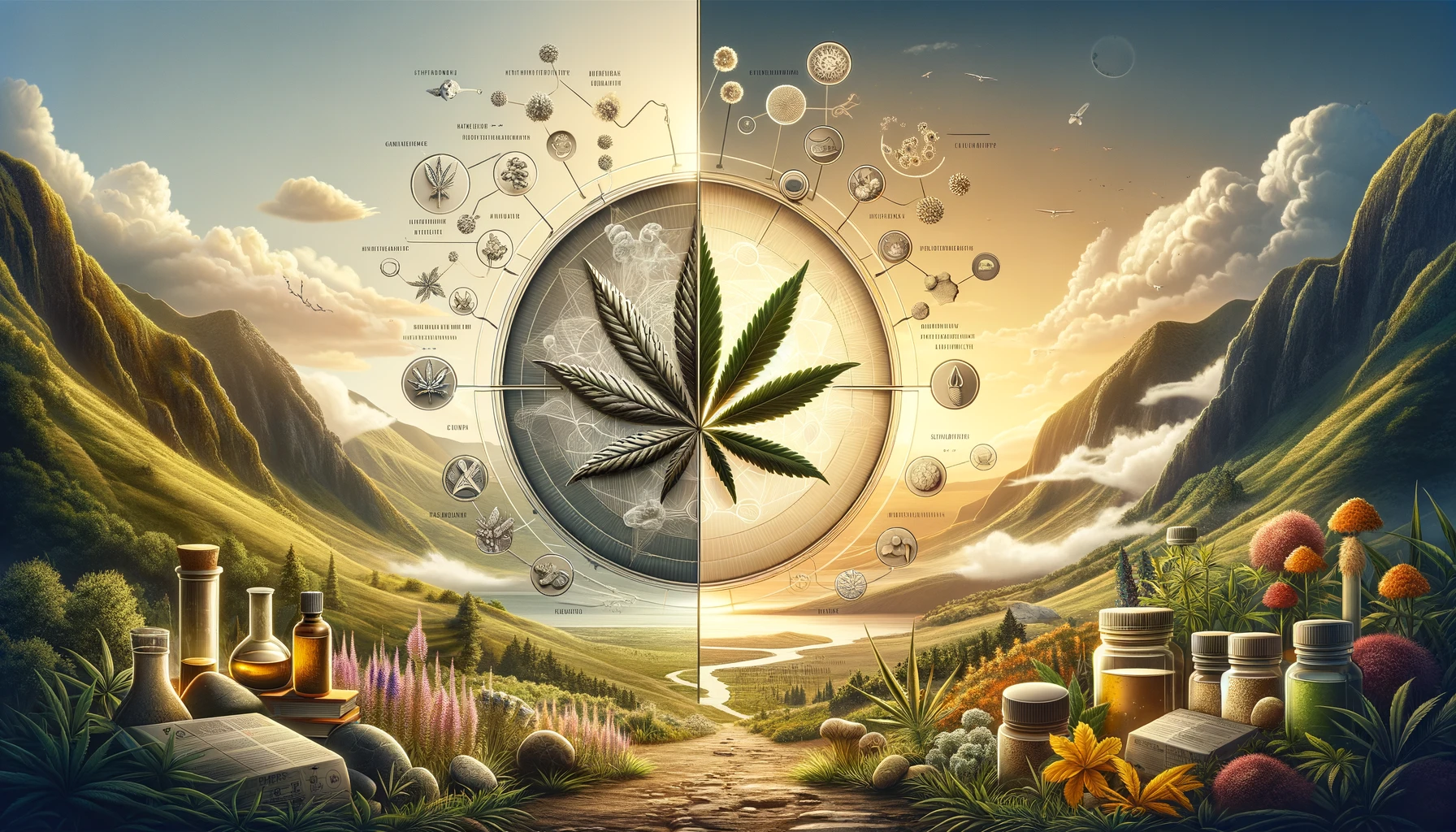
Differences Between THCA Flower and Marijuana: A Comprehensive Guide
THCA, short for Tetrahydrocannabinolic acid, and marijuana are both derived from the cannabis plant, which might suggest they are quite similar. Nonetheless, there are substantial differences between them in terms of chemical composition, effects on the human body, and their legal standing. It's important to understand these inherent distinctions.
Molecular Composition
The primary distinction between THCA flower and marijuana stems from their chemical compositions. THCA, a cannabinoid that does not induce psychoactive effects, is present in fresh and living cannabis plants. Serving as the acidic forerunner to THC, which triggers the euphoric sensation linked to marijuana use, THCA transforms into THC when the cannabis undergoes heating, a transformation referred to as decarboxylation.
Conversely, the term marijuana is commonly used to describe varieties of cannabis cultivated for their rich resin-producing glands, called trichomes. These glands are abundant in THC, the compound responsible for marijuana's mind-altering effects, distinguishing it from THCA flower which lacks psychoactivity.
Physiological and Mental Impacts
THCA flower and marijuana both come from the same source, the cannabis plant, yet they impact the body differently. Ingesting or utilizing THCA, either in its natural state or as a concentrated extract, does not induce the euphoric sensation associated with THC found in marijuana. Rather, THCA is recognized for its possible health benefits, such as reducing inflammation and protecting nerve cells.
Legal Condition
The distinction between the legal recognition of THCA flower and marijuana stands as a notable point of debate. Within the United States, the legality of marijuana is inconsistent across states; it is sanctioned for medical purposes in some, allowed for recreational activities in others, and completely prohibited in a few. On the other hand, THCA flower resides in a legal ambiguity because of its lack of psychoactive effects. Since it is not explicitly categorized as a controlled substance, its legal standing remains unclear.
Grasping these nuances is essential as it highlights the differences between THCA flower and marijuana, despite their connection. They are recognized for their unique characteristics, effects, and legal implications. Despite THCA flower being perceived as potentially problematic due to its ability to convert into THC, recognizing its distinct nature from marijuana and appreciating its singular attributes is vital.
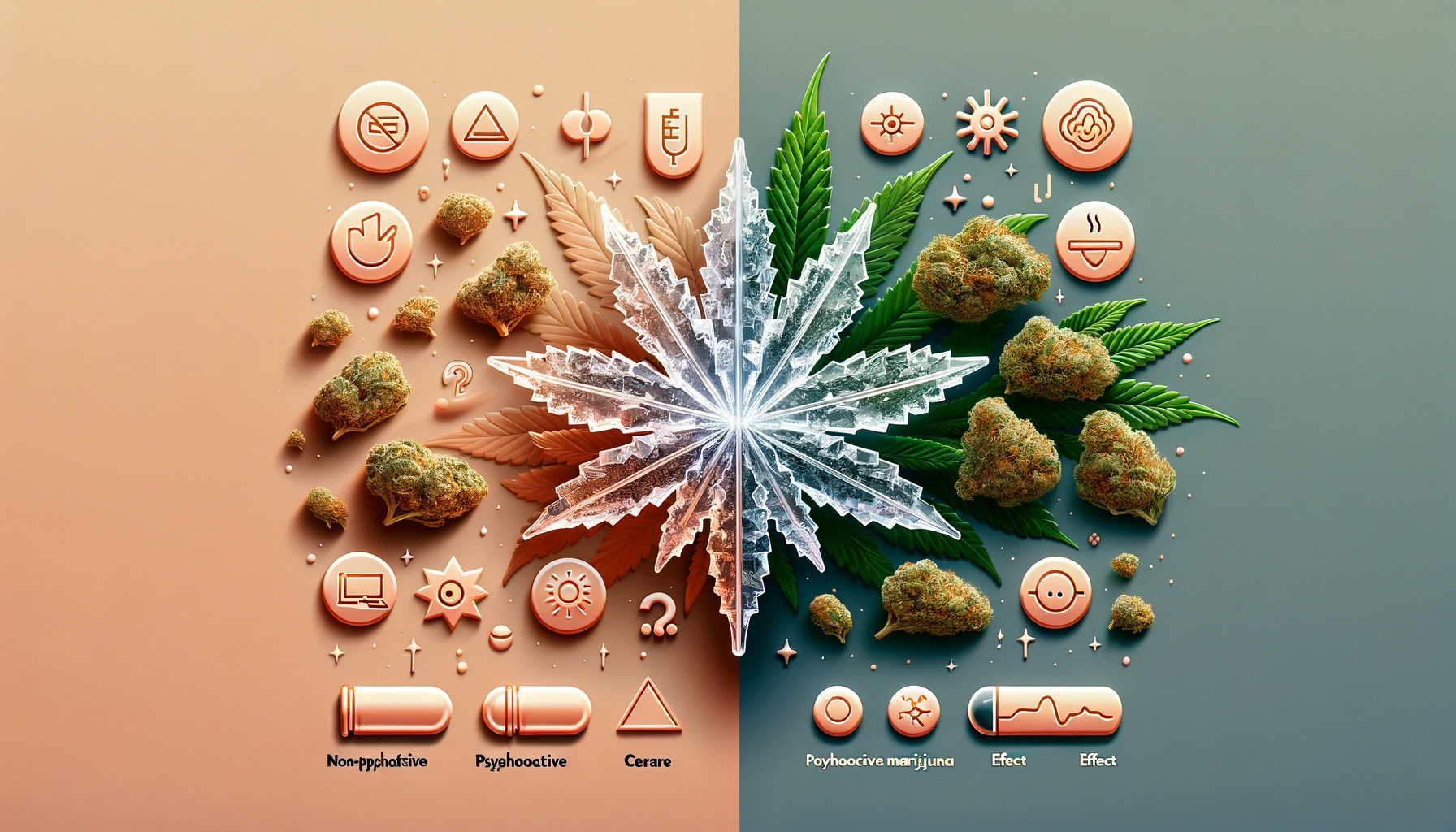
Exploring the Uncertain Legal Landscape of THCA Flower
Navigating the complex legal territory of Tetrahydrocannabinolic Acid (THCA) flower can be like trying to see through fog. The ambiguity mainly stems from its uncertain status, teetering on the edge of being classified as either a legal hemp product or an illicit derivative of marijuana. This legal ambiguity creates a maze of confusion and fascination for consumers, vendors, and regulators alike.
The confusion primarily arises from the close resemblance between THCA flower and conventional marijuana in terms of appearance and aroma, making visual differentiation a challenge. The key distinction, however, is their chemical makeup.
THCA represents the non-intoxicating cannabinoid present in the cannabis plant, which only becomes THC, the psychoactive ingredient in marijuana, upon being heated or aged - a process known as decarboxylation. Consequently, THCA flower, in its unprocessed state, does not qualify as marijuana due to the absence of THC, thereby preserving its legality.
The complication arises when THCA flower undergoes combustion or heating, leading to the conversion into THC, thus muddying the legal waters. If a law enforcement test were conducted on a heated or combusted THCA flower, it would likely indicate a high THC content, potentially causing legal issues.
Furthermore, the legal standing of THCA flower is not consistent across regions. It is legally permissible to sell, buy, and consume THCA flower in certain areas, while in others, its legal status is still up for debate, fueling ongoing legal uncertainty.
Hence, those dealing with THCA flower are caught in a tricky position. While the product remains technically legal in its raw, unaltered state, the possibility of it being categorized as marijuana based on its use or testing puts them in a precarious position. It is crucial for all parties involved to grasp the subtle legal nuances and proceed with caution in this unclear legal landscape.
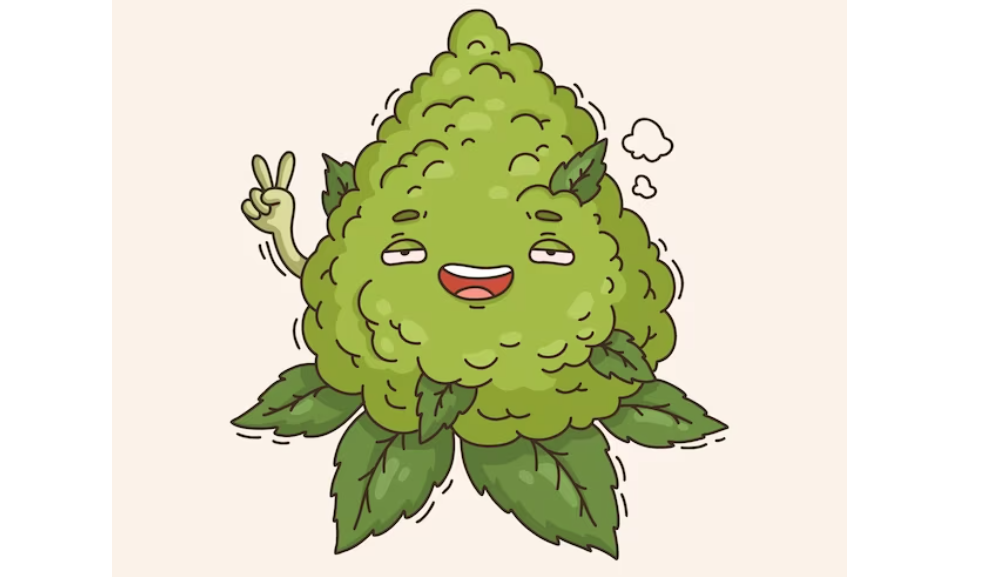
THCA Bud: Dispelling Misconceptions and Tackling Issues
Regarding THCA flower, there exists a plethora of misconceptions and apprehensions, largely due to its connection with marijuana. It's crucial to clear up these misunderstandings and address the apprehensions to properly comprehend the nature of THCA flower and its significance in the cannabis sector.
Misconception 1: THCA Flower and Marijuana Are the Same
A widespread false belief is that THCA flower is identical to marijuana. Although there are resemblances, significant differences set them apart. THCA flower represents a variant of cannabis where the THCA (Tetrahydrocannabinolic acid) remains unconverted through decarboxylation, thus lacking psychoactive properties. In simple terms, consuming THCA in large quantities won't induce the 'high' typically linked with marijuana.
Misconception 2: Consumption of THCA Flower Leads to Positive Drug Tests
There's also a misconception that using THCA flower could lead to failing a drug test. Most drug screenings are designed to detect THC, not THCA. Since THCA transforms into THC only upon heating, ingesting it in its raw form or as a tincture is unlikely to cause a positive drug screening result.
Misconception 3: THCA Products Are Universally Legal
The belief that all THCA products are legal is another misunderstanding. The legal status of THCA is intricate and largely contingent upon the product's marketing and labeling. There's a perspective that THCA occupies a legal gray zone when distinguished from THC. Familiarity with local regulations is vital before acquiring or using THCA.
Addressing Prevalent Worries
A primary concern regarding THCA flower is the anxiety over it potentially being banned in the future due to its marijuana association. It's argued that, since THCA converts to psychoactive THC upon heating, THCA flower in its unheated state should not be equated with marijuana because it doesn't produce the psychoactive effects associated with marijuana in its raw form.
Another worry is the potential for THCA products to be exploited for their psychoactive capabilities upon heating. It's essential to recognize that the misuse or abuse of substances reflects a wider social challenge, not one exclusive to THCA flower.
As the THCA flower market expands, so do the myths and concerns surrounding it. By dispelling these myths and addressing widespread concerns, we can foster a more profound comprehension and facilitate informed dialogue regarding THCA flower and its role in the cannabis industry.
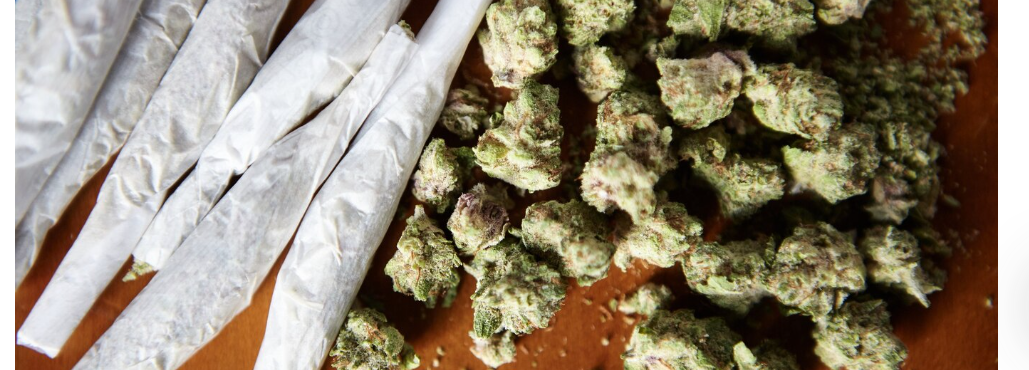
Is THCA Flower at Risk of Being Prohibited? Examining the Potential Outcomes
Many are pondering whether THCA flower will face prohibition in the future, given its precarious legal standing amidst cannabis regulations and derivatives. Currently, there's no clear-cut answer, but various outcomes could emerge.
Authorities might classify THCA flower as marijuana if they focus on its ability to convert into delta-9-THC upon heating, potentially leading to its ban in light of marijuana being listed as a Schedule I drug by the federal government. However, there are ongoing recommendations from the HHS to reclassify marijuana as a Schedule 3 substance, indicating a gradual move towards more lenient policies, though not full legalization or decriminalization.
On another front, regulation rather than outright prohibition could be the chosen path. This would involve implementing strict quality checks, licensing, and advertising limitations to ensure public safety and prevent misuse, mirroring the regulatory framework of alcohol and tobacco.
Given the dynamic nature of cannabis legislation and growing recognition of its health benefits, it's also possible that THCA flower might be sold with minimal restrictions. This scenario would imply an informal acknowledgment of its psychoactive capabilities when decarboxylated, while also appreciating its non-intoxicating effects in its raw form.
Alternatively, the status quo might persist, with THCA flower navigating a legal gray zone. This ambiguity could complicate matters for both consumers and law enforcement but would allow for its continued distribution and consumption without explicit legal boundaries.
Ultimately, the fate of THCA flower's legality hinges on the intricate balance between scientific insights, public opinion, and the evolving priorities of legislative and regulatory bodies. Until then, both consumers and manufacturers must tread carefully amidst the legal uncertainties surrounding THCA flower.
Debate on Designating THCA Flower as Marijuana: Pros and Cons
The debate over whether THCA flower should be regarded as marijuana is intensely contested, featuring a range of perspectives from various groups. There are primarily two schools of thought in this argument: one that considers THCA flower as marijuana and another that does not. Each faction brings forward persuasive, albeit opposing, arguments.
Arguments in Favor of Recognizing THCA Flower as Marijuana:
Chemical Alteration: Critics point out that THCA flower can be transformed into THC, the psychoactive ingredient in marijuana, through a process known as decarboxylation, which is triggered by heat. This ease of conversion, they argue, positions THCA closely with marijuana.
Comparable Effects: Another argument is that although THCA is non-psychoactive, when subjected to heat (such as through smoking or vaping), it produces effects that are similar to THC. This likeness in effects, according to critics, justifies classifying the THCA flower as marijuana.
Arguments Against Recognizing THCA Flower as Marijuana:
Distinct Chemical Structures: Advocates for the THCA flower emphasize the different chemical structures of THCA and THC, noting that THCA remains a separate compound with its unique characteristics until it is heated. Hence, they argue, THCA flower should not be classified as marijuana based on its potential transformation into THC.
Lack of Psychoactive Effects: Proponents also highlight that THCA flower, in its natural state, lacks psychoactive effects and can be utilized in various applications without inducing the 'high' associated with marijuana. This key difference in psychoactive capability, they argue, distinguishes THCA flower from marijuana.
The contention over classifying THCA flower as marijuana centers around its chemical attributes, effects, and the capacity for conversion into THC. As the debate rages on, the classification and legal status of THCA flower continue to be unsettled.
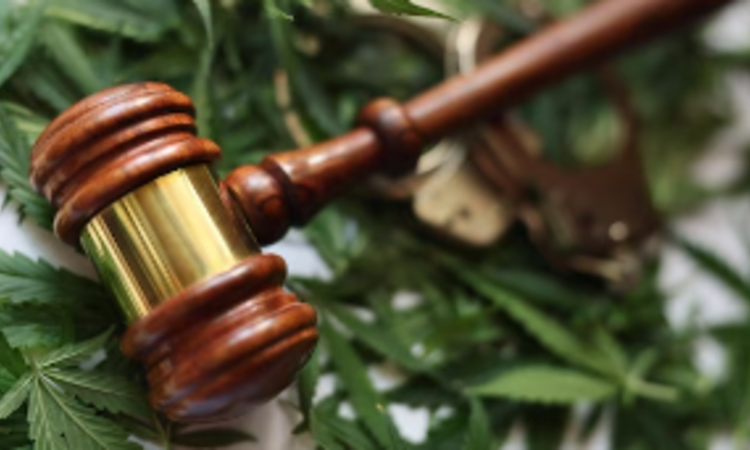
Examining the Legal Framework Surrounding THCA Flower
The regulatory environment surrounding Tetrahydrocannabinolic acid (THCA) flower is complex and varies significantly across different areas. This complexity stems from the varied approaches that jurisdictions have taken towards the interpretation and enforcement of laws related to cannabis.
THCA flowers originate from the cannabis plant, similar to marijuana, but THCA itself does not cause intoxication. The key difference is that THCA converts into the psychoactive delta-9-tetrahydrocannabinol (THC) when exposed to heat, through a process known as decarboxylation. This transformation happens during activities like smoking or baking.
Therefore, although THCA flower in its natural, unprocessed state is not psychoactive and might be deemed legal in various places, the potential for it to convert into THC upon heating introduces legal ambiguities. This situation creates a legal grey area, leading to different legal interpretations and possible risks for those dealing with THCA flower.
In the U.S., the legal status of THCA is somewhat unclear. The 2018 Farm Bill legalized hemp and its byproducts, including THCA, provided the THC level remains below 0.3 percent. Yet, the Controlled Substances Act (CSA) lists THC as a Schedule I drug, creating a potential legal conflict when THCA is converted to THC.
Additionally, the Drug Enforcement Administration (DEA) has declared that all synthetic forms of THC are illegal, which could include THCA that has undergone decarboxylation. This declaration has led to uncertainty and worry among both users and sellers of THCA flower, as it might imply that THCA flower, due to its ability to convert into THC, is illegal.
The legal framework around THCA flower is complex and ever-changing, making it essential for both consumers and sellers to remain well-informed about the laws and their possible implications in their specific locations.
Moreover, laws and regulations differ widely from one state or country to another. While some U.S. states have legalized marijuana for both medical and recreational use, others maintain strict prohibitions against all forms of cannabis, possibly encompassing THCA flower as well.
Conclusion
To sum up, the uncertain legal standing of THCA flower, coupled with the possibility of its future prohibition, highlights the fleeting nature of such substances in our society. This situation could be interpreted as a rallying cry for both enthusiasts and experts to cherish and engage with this unique element of plant exploration while the opportunity exists.
THCA flower, which is a non-psychoactive precursor to THC, undergoes a transformation into the more contentious THC when it is ignited. This transformation places THCA in a peculiar legal limbo. Currently, THCA flower is not categorized as marijuana; however, its conversion to marijuana upon combustion creates a contentious debate that could lead to its restriction.
Viewing THCA flower as either a limited-time opportunity or a venture into uncharted territory reflects its present availability, showcasing the shifting dynamics of plant consumption. Yet, like all transient phenomena, its presence may be short-lived, marking a fleeting moment in the broader narrative of cannabis exploration that underscores the adaptive and continually changing nature of this field.

